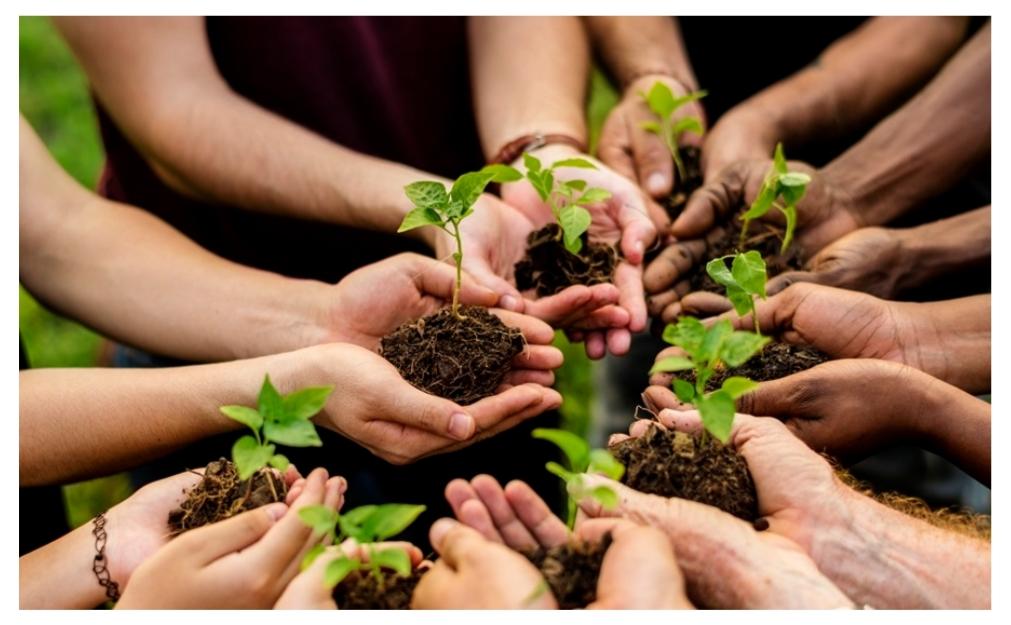Sustainable development is a concept that emphasizes meeting the present needs of humanity without compromising the ability of future generations to meet their own needs. It's a holistic approach that integrates environmental protection, social equity, and economic viability. The core idea is to balance development with the long-term health of the planet and its inhabitants.
KEY POINTS FOR SUSTAINABLE DEVELOPMENT:
Environmental Sustainability:
This involves protecting natural resources, minimizing pollution, and ensuring the long-term health of ecosystems. It includes transitioning to renewable energy sources, promoting sustainable agriculture, and conserving biodiversity.
Social Sustainability:
This focuses on ensuring social equity, access to basic needs like education, healthcare, and clean water, and promoting human well-being and social inclusion. It also involves addressing inequalities and promoting justice for all.
Economic Sustainability:
This aims to create a prosperous and resilient economy that can support present and future generations. It includes promoting sustainable consumption and production patterns, fostering innovation, and ensuring fair distribution of resources.
Why is sustainable development important?
Environmental Protection:
It is crucial for preserving the planet's natural resources and mitigating climate change.
Social Progress:
It ensures a better quality of life for all, including access to basic needs and opportunities.
Economic Growth:
It promotes long-term economic prosperity by encouraging innovation, resource efficiency, and responsible business practices.

